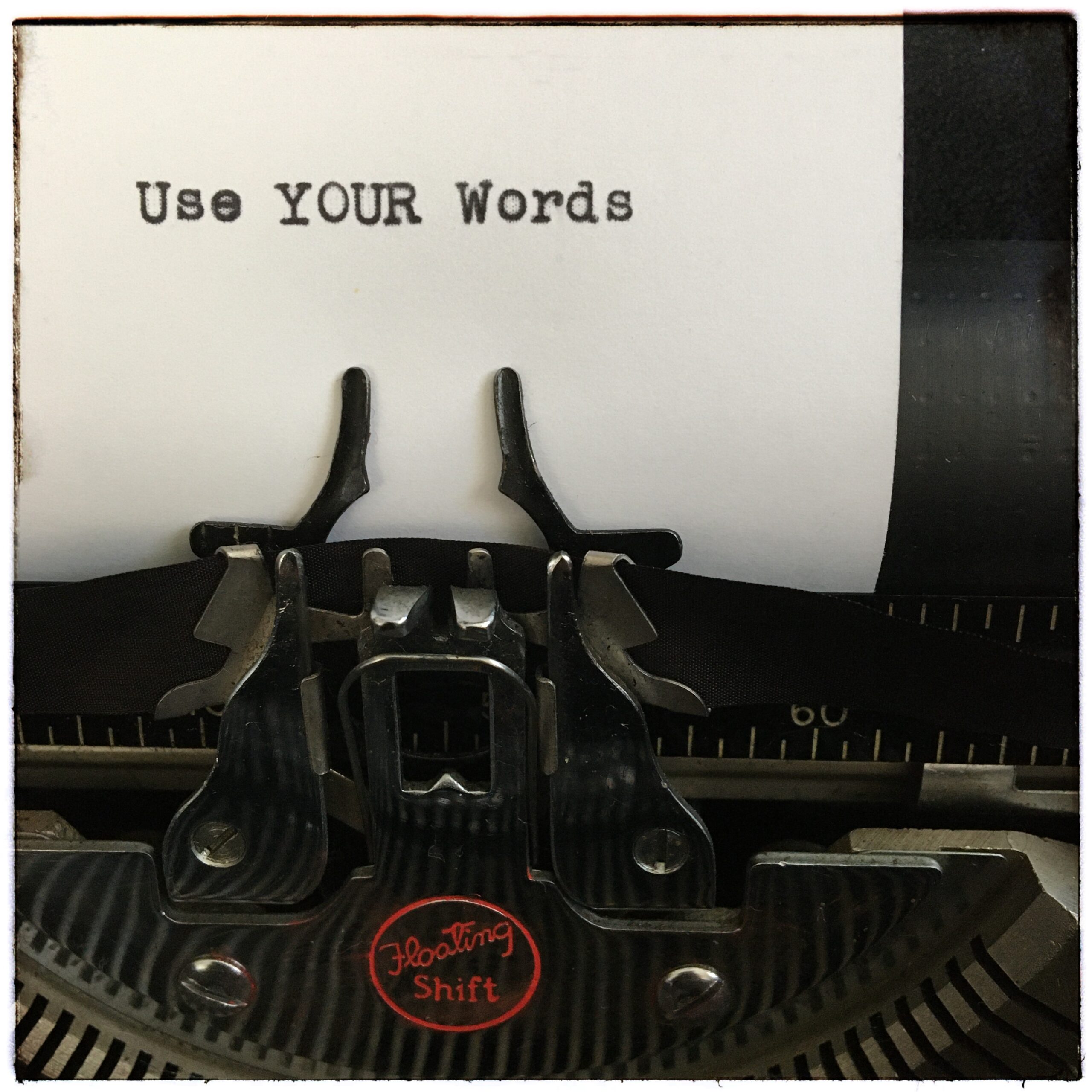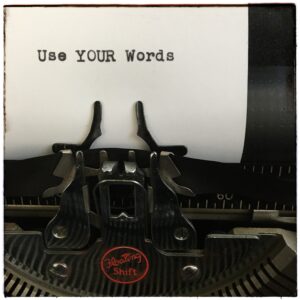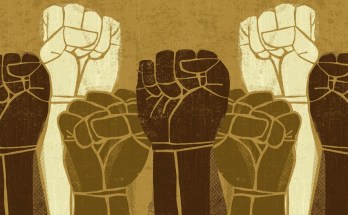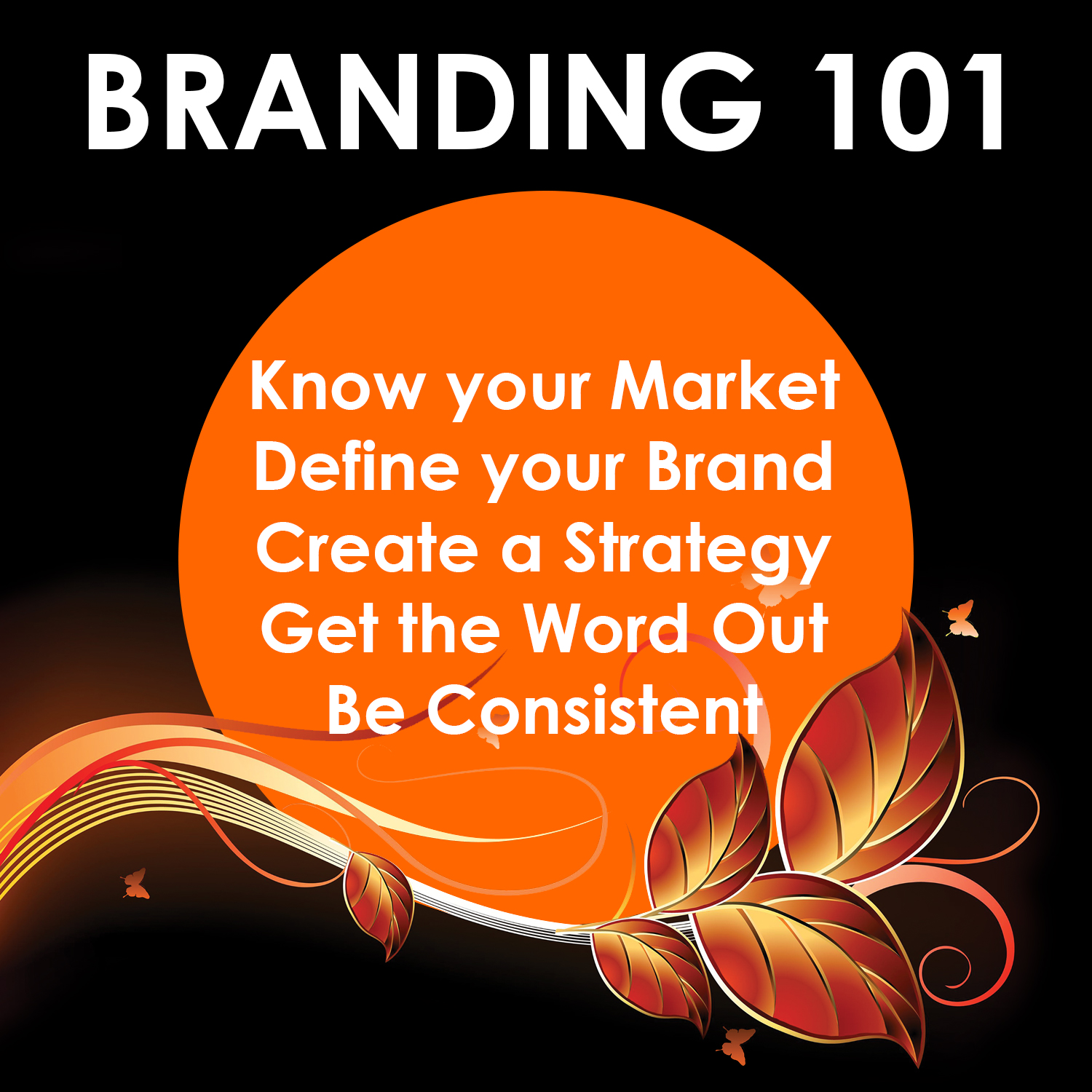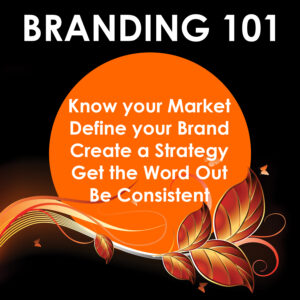
Moving Towards an Inclusive and Anti-Racist Audio Industry
In a racist society, it is not enough to be non-racist, we must be anti-racist.
Angela Y. Davis
To create an equal society, we must commit to making unbiased choices, including being anti-racist in all aspects of our lives. While SoundGirls has always been inclusive, we acknowledge that sexism and misogyny are not the only things that affect our members. We acknowledge that our members may face several levels of oppression– sexism, racism, homophobia/transphobia, ageism, ableism, class, poverty, culture and anti-religion.
Intersectionality, as introduced by UCLA School of Law/Columbia Law School Professor Kimberlé Williams Crenshaw, acknowledges that a combination of a person’s identities and qualities is the basis of their discrimination that cannot be fully addressed by isolating each quality separately. It operates as both the observance and analysis of power imbalances, and the tool by which those power imbalances could be eliminated altogether. Thus, efforts to fight sexism necessitate examining other forms of prejudice, such as race (e.g., women of color’s experiences of gender bias differ from white women and experiences of racial bias differ from men of color), religion (e.g., anti-Semitism and Islamaphobia), gender (e.g., transgendered experiences of bias differ from cisgendered), class and ability.
This raises big, difficult questions, ones that many people have previously been unprepared, or unwilling, to answer. Once we acknowledge the role of race/racism as well as other overlapping factors in unfair treatment and lack of representation, what do we do about it? And who should be responsible for addressing it, anyway?
Acknowledging and accepting this work (we acknowledge we will not always get it right and hope members will point out when we don’t), we want to start an ongoing discussion. We want to create a safe space to share experiences, resources and education on Anti-Racist, intersectional work that addresses the changes needed in the industry yesterday.
We encourage our members to share their stories, experiences, thoughts and ideas in this safe space. We have put together guidelines to help you get started. All people contributing stories will have final approval before publication. You can contribute anonymously and we will keep your identity anonymous.
We believe in the power of words to create, build up, inform, nourish and repair. Toward that ideal, SoundGirls seeks to foster original writing that informs, educates, expresses truths boldly, and seeks ways forward thoughtfully and inclusively.
Please submit writing to soundgirlsbloggers@gmail.com
Suggested Topics
These are just suggestions to help guide you. You are welcome to write on any topic you choose (please note we will not run blogs that are counterproductive to Anti-Racist work, no All Lives Matter, anti-Palestinian, TERF, etc.).
Topics you care deeply about make the best posts, and we encourage you to highlight your own perspective — whether that comes from real-world experience, original research, or reporting in the field.
Introduce yourself.
Let readers know who you are and what you are writing about, you are also welcome to contribute anonymously.
Use an appropriate title and subtitle to best reflect your idea.
Images count. Use one or more quality photos and images relevant to the content.
Double-check to make sure you’re not violating copyright or licensing with your images. Free resources like Pexels, Pixabay, and Unsplash are great for sourcing Creative Commons-licensed images.
- Overcoming Sexism, Racism, Transphobia, etc.
- How to be an ally
- Anti-Racist Work
- Misgendering
- How cisnormative, heteronormative, imperialist, white supremacist and capitalist patriarchy are intersecting oppressive forces in the United States.
- What Is Intersectionality and Why Is It Important?
- Building solidarity in the fight for social justice
- What is prison abolition?
- What does the audio industry need to do to become a diverse and inclusive field?
Writer Guidelines
Sharing your thoughts, experiences and hard-earned problem-solving techniques is a great way to help others, make connections and strengthen our commitment to diversity in the audio industry.
Inclusion: Writers should be conscious of representing the diversity found in the entrepreneurial community.
Distinctive message
Solid content: Experiences, Education, Suggestions and Advice, Solutions
Pieces typically run about 700-1,000 words. More expansive pieces that run over 1,500 words are welcome and will do better in search.
Quotes, anecdotes, quotes, academic/think tank studies, data points. These must all be sourced or linked to their sources. Don’t make us search for your sources, please.
Proofread and spell-check the document: Spell check and grammar check before submitting.
Factual accuracy: Check the spelling of individuals and company names. Make sure to confirm facts with several sources (at least three sources).
Please include Photos.
Minimize potential harm to any persons who by the publication of the information may be put at elevated risk of targeting, threats and other risks to personal safety.
Avoid discriminatory, hateful, harassing, intimidating or needlessly derogatory content or conduct.
Respects and protects the privacy and family life of non-public figures and children.
Allows reasonable opportunity for affected persons to respond, criticize, object and refute claims of wrongdoing.
You’re free to repost content from your blog or website.
You can add any links you want back to your own website or add any type of call-to-action you want, whether it’s to a piece of long-form content, a subscribe page or something else.
